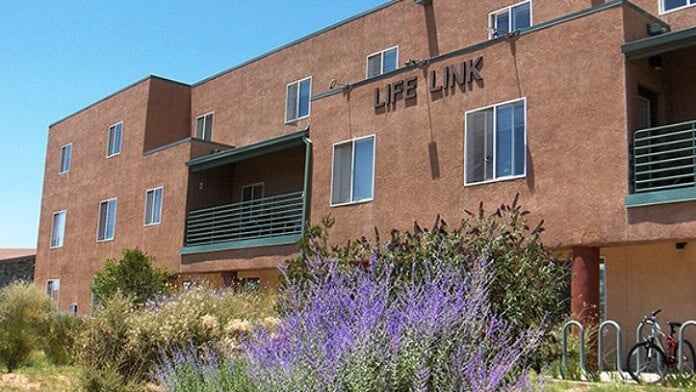About The Life Link – Santa Fe
The Life Link in Santa Fe, New Mexico provides a full range of outpatient therapies to assist people at any point in their journey toward alcohol and drug recovery. At this facility, treatment plans can be given in family, group, or individual settings and are offered in both Spanish and English. By incorporating evidence based models including motivational interviewing (MI) and the community reinforcement approach (CRA), they provide the most effective interventions available.
Their therapeutic setting is meant to be instructive, caring and encouraging. They offer a secure area where patients can experiment with and make healthy lifestyle changes at their own speed. Their CRA Family Training, or CRAFT, program is a non-confrontational, empirically based intervention that’s intended to assist worried family members or partners in entering treatment.
This support can come from spouses, siblings, friends, or family. Research has demonstrated that this program is efficacious in addressing treatment-resistant substance abuse in therapy settings. Additionally, it equips concerned close ones with enhanced problem solving and self care skills.
For patients with co-occurring disorders or substance abuse, they provide an intensive outpatient program (IOP). The IOP helps clients in the process of change and recovery by using the same evidence based approaches as their other programs along with therapeutic, educational and social strategies. The IOP lasts a minimum of 12 weeks and offers between 10 and 16 hours of programming each week.
At their state licensed Community Mental Health Center, they assist people dealing with co-occurring mental illnesses such as depression, anxiety and bipolar disorder. In addition to a staff psychiatrist who can prescribe and oversee medication as needed, they have counselors on staff who are highly skilled and knowledgeable about a variety of mental health issues.
For people who require structure and independence while pursuing recovery from mental illness and substance abuse, they offer 30 permanent supportive housing units. To live in these units, clients must meet with community support workers, counselors and employment staff to develop and maintain individualized treatment plans.

